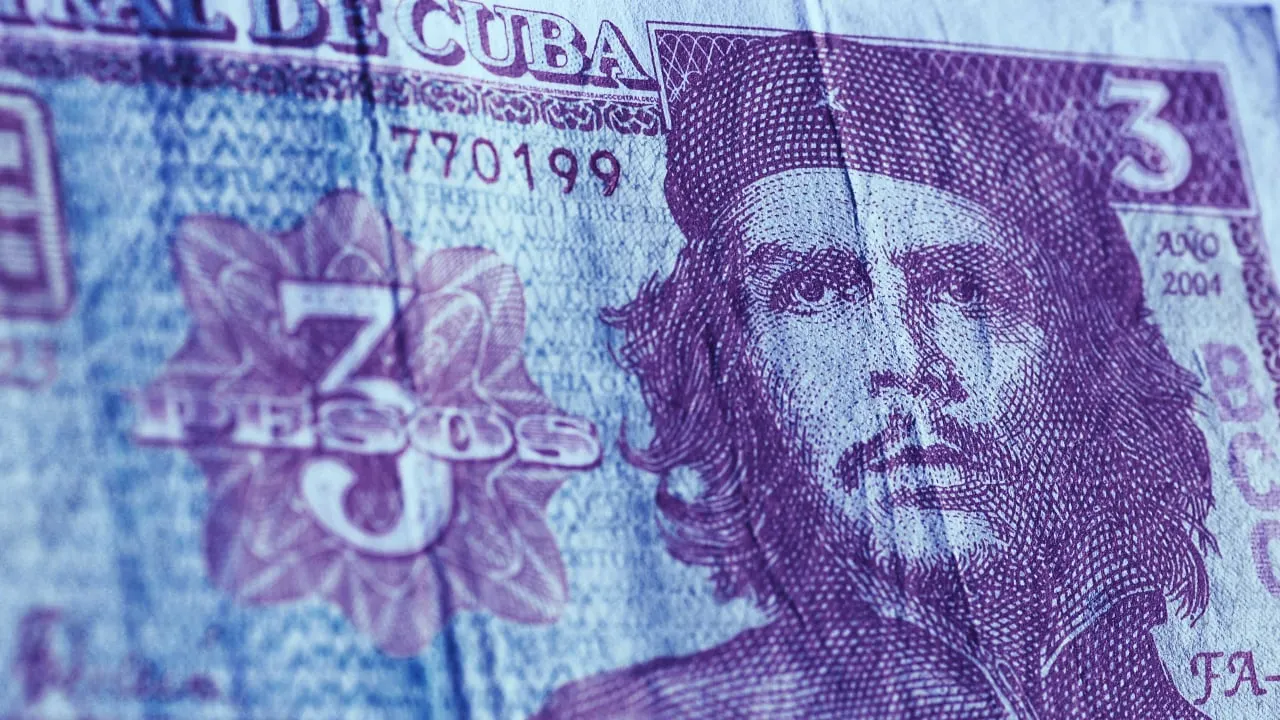About the Author
Boaz Sobrado is a data analyst and the founder of WhyNotCuba.com, a Cuban tourism site. The opinions expressed here are his own and do not necessarily reflect those of Decrypt.
Cuba is having one of its worst years in recent memory—but, as a consequence, a perfect storm is brewing on the island nation with regard to Bitcoin adoption.
Cubans live under a high level of financial censorship, as well as rampant inflation. Meanwhile, their access to foreign currencies has been heavily curtailed this year due to COVID and US sanctions. This has increased the appeal of cryptocurrencies, many of which act as censorship-resistant stores of value.
The usefulness of censorship-resistant technology may not be clear to people living in advanced economies, but it is perfectly clear to Cubans. Cuba is a country where people live under oppressive financial censorship. This is partly due to the communist government, which has strict rules on how private businesses can operate and what people can do with their money.
But it is also due to the censorship imposed by the American embargo, which makes doing international transactions nearly impossible for ordinary Cubans. Just recently the Trump administration announced measures that forced Western Union to cease operations in Cuba in this month, making it nearly impossible for millions of Cuban Americans to send remittances back home.
This measure comes at the worst possible time.
The Cuban economy is expected to contract by 8% in 2020, on the back of an already weak performance in 2019. COVID-19 has put a dent in two important industries: tourism and remittances. Havana’s airport was closed from March until November. Remittance flows from the US to Cuba dropped approx 50% from $6 billion in 2019 to $3 billion in 2020.
Further, the government's attempts at reform are leading to the early stages of hyperinflation. Food prices have gone up by several multiples within this year and the Cuban peso has lost half its value against the US dollar in the last 12 months in informal markets.
In the 1990s, when inflation was rampant in Cuba, Cubans looking to preserve the value of their savings turned to foreign hard currencies such as the US dollar. However, COVID-19 has effectively destroyed tourism, which was one of the main sources of hard currency for the population.
We now have a situation where many Cubans are looking for a way to both receive money from abroad and preserve the value of their savings. And they are increasingly turning toward cryptocurrencies. The popularity of Bitcoin in Google Trends is at an all time high. New services, such as Bitremesas.com, make it easy for Cuban Americans to send money back home using cryptocurrencies.
The trade works in the following way: Cuban Americans buy Bitcoin in the US and sell it for cash in Cuba. This way they can help their friends and family pay bills and buy food. On the other side of the transaction are Cubans buying Bitcoin because they are looking to speculate, preserve their wealth, or transact with the outside world.
Most Cubans would prefer to hold on to US dollars, either digital or physical, like many Venezuelans do. But often the reality is that they can hardly get access to them, and even if they do, they constantly have to be wary of their funds being seized—either by domestic authorities in the case of physical dollar bills, or by over-compliant foreign financial institutions enforcing US sanctions.
For these reasons it may be a great irony of the 21st century that one of the first countries with widespread adoption of Bitcoin and other cryptocurrencies could be a communist country where the average car is older than the average person.
Disclaimer
The views and opinions expressed by the author are for informational purposes only and do not constitute financial, investment, or other advice.

